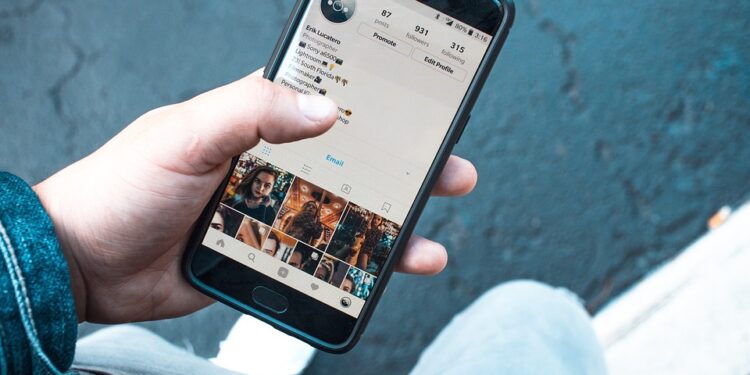In the era of smartphones and digital connectivity, social media has become an integral part of our daily lives. It is hard to imagine a world without the constant scrolling through Instagram, sharing life updates on Facebook, or joining virtual communities on platforms like Twitter and LinkedIn. While social media is often criticized for its negative impact on mental health or its ability to spread misinformation, it is important to acknowledge its positive aspects as well, particularly when it comes to fostering social connections in today’s digital age.
One of the most significant ways social media facilitates social connections is by breaking down geographical boundaries. In the past, maintaining relationships with friends or family who lived far away required long-distance phone calls or expensive travel arrangements. With the advent of social media, however, distance is no longer a barrier to staying connected. Platforms like Facebook and Instagram allow users to share moments from their daily lives through photos, videos, and status updates, fostering a sense of closeness even when physically apart. These interactions help bridge gaps between individuals and maintain a sense of community that might otherwise be difficult to achieve.
Furthermore, social media has provided a platform for marginalized communities to connect and find support. Individuals who might feel isolated or misunderstood due to their gender identity, sexual orientation, or cultural background can find solace in virtual communities that exist solely on social media platforms. These online spaces offer a safe haven for individuals to express themselves, share experiences, and seek advice from others who face similar challenges. The online world becomes a place where they can build connections, feel accepted, and find a sense of belonging that might be missing from their physical surroundings.
Additionally, social media has revolutionized networking by making it easier to connect with professionals in various industries. Platforms like LinkedIn enable users to build and maintain professional relationships, share industry news, and seek new employment opportunities. This has opened doors for individuals who may have previously struggled to establish connections in their chosen field due to factors like location or lack of resources. By connecting professionals from different corners of the world, social media has allowed for the exchange of knowledge and expertise that can positively impact career growth and even lead to new business ventures.
Moreover, social media has played a vital role in mobilizing communities and sparking social change. Online platforms have proven to be effective tools for organizing protests, raising awareness about important causes, and advocating for justice. We have witnessed numerous examples, from the Arab Spring protests to the global Black Lives Matter movement, where social media has played a crucial role in connecting like-minded individuals, spreading information, and uniting people for a common purpose. These online connections often translate into real-world action, as social media has the power to amplify voices and galvanize collective efforts.
In conclusion, it is undeniable that social media plays a significant role in fostering social connections in our digital age. It breaks down geographical barriers, provides support to marginalized communities, facilitates professional networking, and enables mobilization for social change. While it is important to be mindful of the potential negative impacts social media can have on our mental health and well-being, it is equally important to acknowledge the positive ways it can bring people together, create communities, and foster a sense of belonging in our increasingly connected world.









